Beware the slippery slope
Do we get the newspapers we deserve? I ask the question because of the furore in Britain over the Leveson Report, a 2,000-page tome resulting from a year-long inquiry by Lord Justice Leveson into the « culture, practices and ethics » of the British press. The reason for the inquiry was plain enough: Britain’s tabloids have too often overstepped the mark, hounding not just celebrities but also ordinary folk and illegally (at least in the case of the now defunct News of the World) indulging in phone-hacking.
The result of Lord Leveson’s inquiry is a recommendation that the press should submit to an independent regulatory authority underpinned by legislation. Hence the furore: Prime minister David Cameron (who once foolishly said he would accept Leveson’s recommendations unless they were « bonkers ») is against any legislation.
The deputy prime minister, Nick Clegg, who is Mr Cameron’s partner in the Conservative-Liberal Democrat coalition, is in favour, as is Ed Miliband, leader of the opposition Labour Party. Add in the voices of the victims of the tabloid’s excesses and it might seem that Mr Cameron is on a losing wicket.
To continue the cricketing metaphor, Cassandra thinks the prime minister may well be able to play for an honourable draw: there are plenty of his own Conservative MPs who object to the idea of statutory involvement and, unsurprisingly, the press itself – both the tabloids and the « quality » papers – object too. Their argument is that « underpinning by legislation » would be a slippery slope towards political control of the press. […]
But to go back to the initial question…The fact is that the tabloids are the most-read papers in Britain precisely because they are so scurrilous, so intrusive and so aggressive. In other words, their popularity reflects (rather sadly, in my opinion) the culture and tastes of the nation. Should their excesses therefore be curbed? In principle, yes – but who defines « excess »? Personally, I’m with those who fear the « slippery slope » and I would rather the occasional excess than a press neutered into a kind of subservience. […] What really matters, perhaps, is a better definition of what is in the public interest rather than what is of public interest. What should matter, too, are the excesses regularly committed on the internet, especially by avid Tweeters (a subject avoided by Lord Leveson). […] I shall leave the last word on the Leveson inquiry to Boris Johnson, the irrepressible mayor of London: “If you want to keep the gutters of public life clean, you need a gutter press.”
Cassandra, The Economist, Nov 30th 2012
I. VERSION (sur 20 points)
Traduire à partir de “Do we get the newspapers …” jusqu’à “…is against any legislation.”
II. QUESTIONS (sur 40 points)
1. Question de compréhension du texte
According to the journalist, what are the dangers of press regulation?
(150 mots + ou – 10%* ; sur 20 points)
2. Question d’expression personnelle.
Would you say that we get the media that we deserve?
(250 mots + ou – 10% * ; sur 20 points)
* Le non-respect de ces normes sera sanctionné. Indiquer le nombre de mots utilisés.
III. THÈME (sur 20 points)
1. C’est la première fois que les Jeux Olympiques accueillent autant d’athlètes féminines.
2. Elle faisait ce métier depuis des années lorsqu’on lui proposa une augmentation.
3. Il consacra les cinq premiers mois de son mandat à relancer l’économie.
4. Les hommes sont beaucoup plus susceptibles d’accéder à un poste à responsabilité que les femmes.
5. Sais-tu combien de personnes ont participé bénévolement à sa campagne ?
6. On dit que la législation sur les armes à feu risque d’être modifiée.
7. L’ouragan qui a frappé les États-Unis ne prouve-t-il pas que le climat change ?
8. Il faudra qu’un nouvel accord soit signé dans les cinq ans.
9. Les syndicats savaient depuis longtemps que l’entreprise serait rachetée.
10. Tous les matins, elle prenait le train de Londres à sept heures et demie.





























